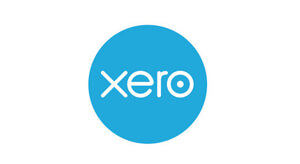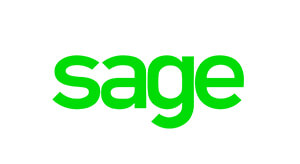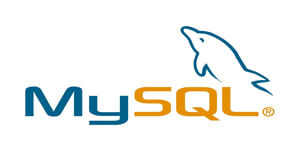The key differences between Hospitality Bookkeeping and Traditional Bookkeeping
Bookkeeping is an essential aspect of any business, ensuring financial records are accurate, organised, and compliant with regulatory requirements. When it comes to hospitality businesses such as hotels, restaurants, and bars, bookkeeping takes on a unique character compared to traditional bookkeeping for other industries. At Momentum Bookkeeping, we provide businesses of all shapes and sizes with bookkeeping solutions that can help them maximise their business finances. So we wanted to explore the key differences between hospitality bookkeeping services and normal bookkeeping so that you can understand more about the subtle differences between the two.
Industry-Specific Terminology and Accounts
One of the fundamental distinctions between hospitality bookkeeping and traditional bookkeeping is the industry-specific terminology and accounts used. In the hospitality sector, there are various revenue streams, such as room rentals, food and beverage sales, event bookings, and more. Consequently, the chart of accounts and financial statements for a hotel or restaurant will include categories like “Room Revenue,” “Food and Beverage Revenue,” and “Banquet Sales,” which you won’t find in a standard bookkeeping setup.
Seasonal Fluctuations
Hospitality businesses often experience significant seasonal fluctuations in revenue. For instance, hotels may see peak occupancy during tourist seasons, while restaurants may be busier during holidays or weekends. Bars will be busier during big sporting events like the football World Cup. Hospitality bookkeepers need to account for these seasonal trends when creating budgets, managing cash flow, and projecting future financial performance. This is less of a concern in industries with more stable revenue patterns.
Inventory Management
Restaurants and bars within the hospitality industry must carefully manage their inventory, which includes perishable items like food and beverages. Proper inventory tracking and cost control are crucial to minimise waste, ensure quality, and maintain profitability. Traditional bookkeeping, on the other hand, might not involve such detailed inventory management unless the business is in retail or manufacturing.
Gratuity and Tipping
Hospitality businesses often rely on gratuities and tipping as a significant source of income for their staff. Tracking and reporting gratuities accurately is crucial for payroll compliance and tax purposes. Hospitality bookkeepers must ensure that these tips are allocated correctly and reported in line with legal requirements, whereas typical bookkeeping services may not encounter such complexities.
Compliance with Industry Regulations
The hospitality industry is subject to specific regulatory requirements and tax codes that may differ from those in other sectors. These regulations may pertain to liquor licensing, health and safety standards, occupancy taxes, and more. Hospitality bookkeepers like ourselves must be well-versed in these regulations to ensure their clients remain compliant, while traditional bookkeepers may not encounter such specialised knowledge requirements.
Point of Sale (POS) Systems
Hospitality businesses often rely on sophisticated POS systems to manage sales transactions. These systems integrate with inventory, track sales in real-time, and generate reports on revenue by product or service category. Hospitality bookkeepers are frequently responsible for reconciling data from these systems with financial records, a task that is not as prevalent in traditional bookkeeping.
In summary, hospitality bookkeeping services differ significantly from traditional bookkeeping in various ways due to the unique nature of the industry. The specialised terminology, seasonal fluctuations, inventory management, gratuity tracking, industry-specific regulations, and integration with POS systems all make hospitality bookkeeping a distinct discipline. As a result, businesses operating in the hospitality sector should always consider the experience that a bookkeeping company has before hiring them. Their expertise in the industry can be critical to ensure accurate financial management and compliance.
While you may not love bookkeeping, we do. And we do a lot of bookkeeping for restaurants, bars, hotels and even night clubs across the UK. So if you want to discuss our bookkeeping services for businesses in the hospitality sector (such as Cafes, Pubs, Bars, Restaurants etc) that let you get on with running your business, our door is always open.
Call or email us and lets start to build some momentum in your business.

Momentum Bookkeeping Ltd
Mentieth House, 29 Park Circus, Glasgow, G3 6AP
Call. 0141 375 1240
Email. info@mvbooks.co.uk





